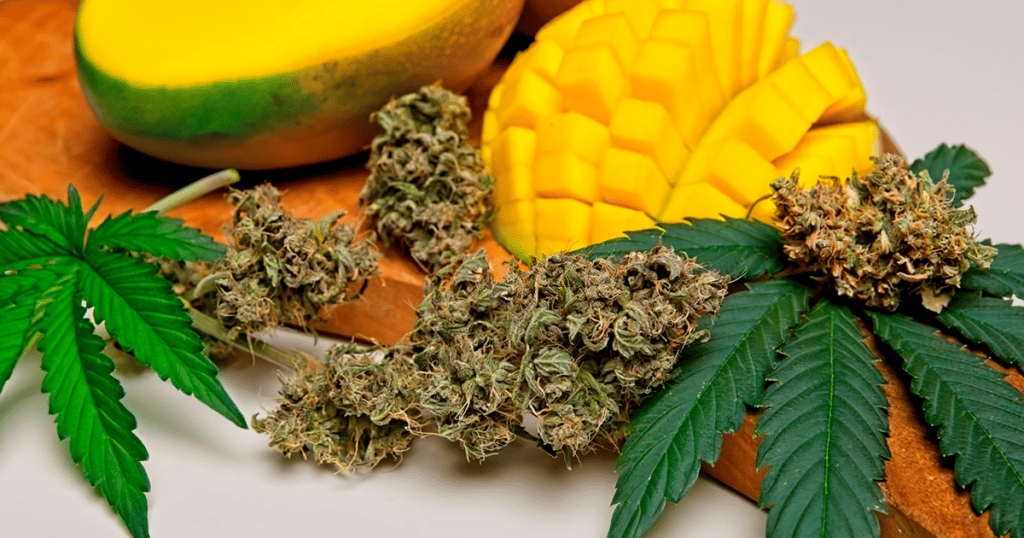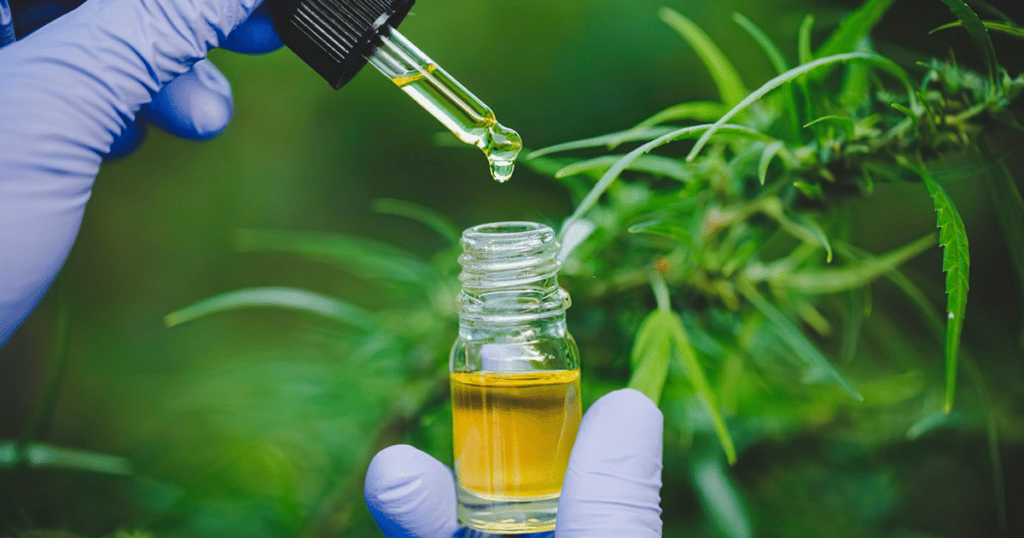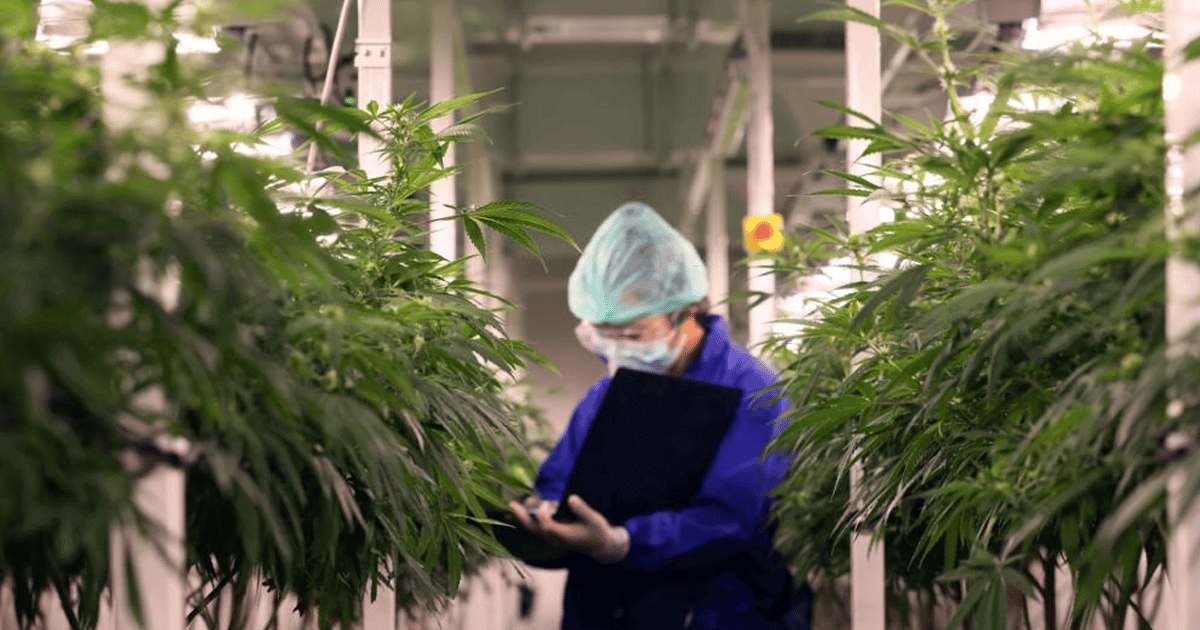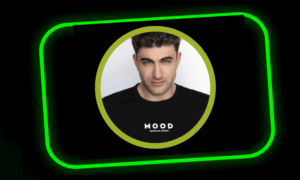The future of cannabis research is bright.
For years, the focus of cannabis studies was on its negative effects on the human body—with researchers hoping to find a way to stop these effects from happening. Now, though, the subjects of cannabis research have gotten far more nuanced.
This is all good news for an industry that has long been plagued by stigma and suspicion. It’s also important because it shows that cannabis research is growing up and becoming increasingly sophisticated as it does so.
Here are a few of our favorite studies.
Terpenes Vs THC Levels
Cannabis consumers may be paying more for high-quality cannabis, but it’s not because of the THC content.
Researchers from Smart Analytics, Legacy Research Institute, and CReDO Science conducted a study on the relationship between subjective appeal and terpenes in cannabis products. They discovered that terpenes are a better indicator of enjoyment than THC potency. In fact, they found no relationship between THC potency, total cannabis dose, or total THC dose with subjective appeal.
What does this mean? The strongest contribution to subjective appeal that we observed was the pleasant subjective aroma.
Understanding How CBD And THC Work Together
The common belief is that CBD can blunt THC’s negative effects. But a new study has found that this hypothesis is inaccurate.
Researchers performed a double-blind experiment that tested 46 cannabis users and ultimately found this hypothesis to be inaccurate. They gave the participants vaporized oils containing ratios of 1:1, 2:1, or 3:1 CBD to 10 mg THC. The results showed that regardless of the ratio, there was no protective benefit against THC’s effects across a range of measures. In addition, there was no impact on the psychoactive or physiological effects of THC.
These findings suggest that CBD-to-THC products at a common recreational level may not serve any protective benefit—even higher ratios may be more effective in providing this protection but need further research before they can be confirmed as effective methods for reducing the negative side effects of marijuana use.

Cannabis And Aging
We all know that cognitive impairments are common with aging. But have you ever thought about how cannabis might be able to help? A new study in Colorado used functional neuroimaging to assess how cannabis use in adults over 60 years old altered communication between several brain regions. They found that older adults who regularly used cannabis at least once a week had stronger communication patterns between three brain regions—the hippocampus, the parahippocampal gyrus, and the cerebellum.
The results were not causal—they weren’t a randomized, controlled experiment—but they provided some of the first human evidence of the positive neurological effects of cannabis.
This research is important because it could lead us to discover ways to improve neural health with cannabis.
Understanding The Entourage Effect
It’s one thing to know that THC and CBD content can provide some predictive measure for how a given strain is going to create effects and impact brain function. But it’s another thing entirely to understand the interplay between terpenes and cannabinoids.
That’s where the entourage effect comes in. The thought behind this concept is that the combination of terpenes and cannabinoids works together to create specific psychoactive and physiological effects.
And while we can’t say for certain that it’s true, there is some evidence to support it: scientists conducted a rat study where they exposed rats to different strains of cannabis oil. They found that despite having equal levels of THC, indica and sativa oils had different effects on the rats.
This evidence helps us understand how these compounds interact with each other in our bodies—and how we can use that knowledge to make more informed decisions about which strains will work best for us!
CBD As Autism Treatment
Cannabis is a natural remedy for many conditions, and now it’s being used to treat autism.
Israeli scientists ran clinical trials that reveal promising results for a 20:1 CBD to THC cannabis oil on many secondary symptoms of autism. CBD oil has been shown to improve sleep, reduce anxiety, lessen rage attacks, and reduce self-injury behaviors in autistic patients. Cannabis also improved core social communication skills and boosted daily-living skills.
This is the first study to demonstrate improvements in these areas in autistic patients who have been given cannabis. The results weren’t as impressive when it came to treating other core symptoms like restricted and repetitive behaviors, but this study demonstrates the promising effects of CBD on autism symptoms.

Overall, 2022 was a good year for cannabis research! There were some setbacks and bumps in the road, but we’re starting to see more and more research being done. The DEA even reduced some of the restrictions on drug studies for 2023, so hopefully, the next year will show even more promise.
We look forward to more research being conducted in the new year.
Enjoyed that first hit? Come chill with us every week at the Friday Sesh for a freshly packed bowl of the week’s best cannabis news!
- Can CBD Help Combat Alcohol Binge Drinking? A Study Suggests It Might
- Missouri Hemp Farmers Form Missourians for a Single Market in Attempt to Redefine Regulations
- Restaurant Spotlight: 1811 in Berlin – Timeless Taste in Charlottenburg
- Texas Governor Abbott Vetos Senate Bill 3, Calls For Special Legislative Session
- Petition Calls on Meta to End Cannabis, Psychedelic, and Harm Reduction Communities Censorship
- Texas Expands Medical Cannabis Access with House Bill 46















